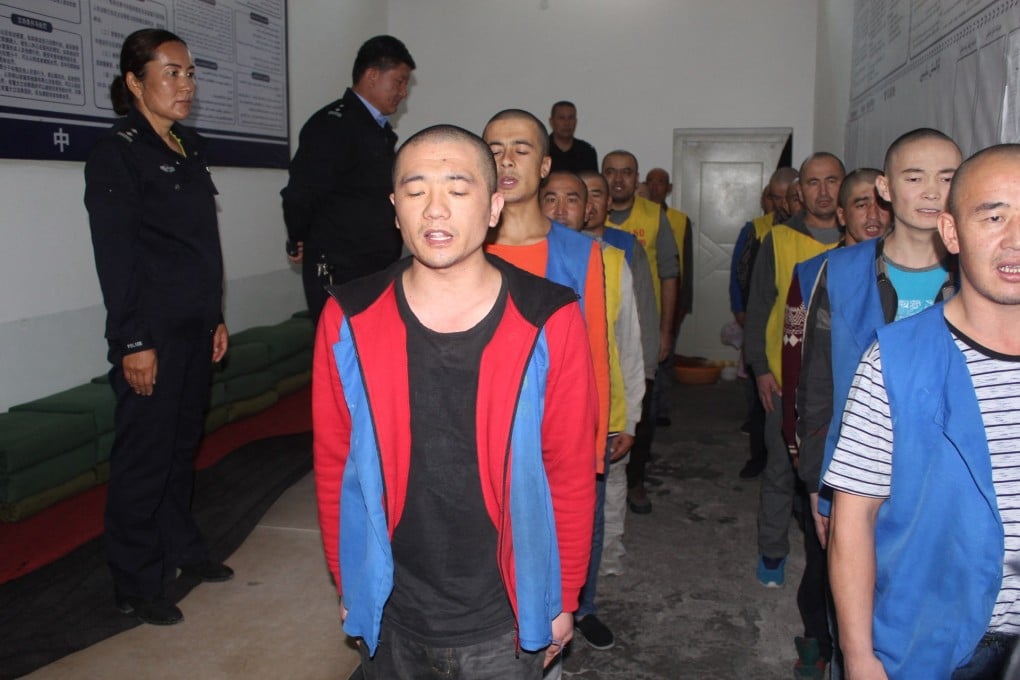EU lawmakers push to designate human rights conditions in Xinjiang as ‘genocide’
- The motion enjoys the support of four of the biggest parties in the European Parliament, meaning it appears likely to succeed in Thursday’s vote
- Such a resolution is not binding and does not change the official position of the European Union, but it serves to gauge the mood in Parliament

Powerful European lawmakers are pushing to designate alleged human rights abuses against Uygurs and other ethnic Muslims in Xinjiang as “genocide” in a resolution set to reach the Parliament this week.
The motion enjoys the support of four of the biggest parties in the European Parliament, the Post understands, meaning it appears likely to succeed.
These are: the centre-right European People’s Party (EPP), the centrist Renew Group, the left of centre Socialist and Democrats (S&Ds) and the right-wing European Conservatives and Reformists.
The parties will enter negotiations on Tuesday to finalise the text of the urgency resolution, which will be debated on Wednesday and put to a vote on Thursday.
While the Greens, the Left and the far-right Identity and Democracy Group do not support this language, the text for such documents is adopted by majority, so it looks likely that lawmakers will vote to characterise the actions in Xinjiang as “genocide”.
